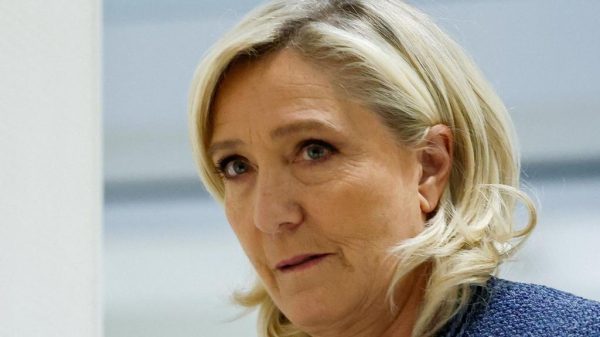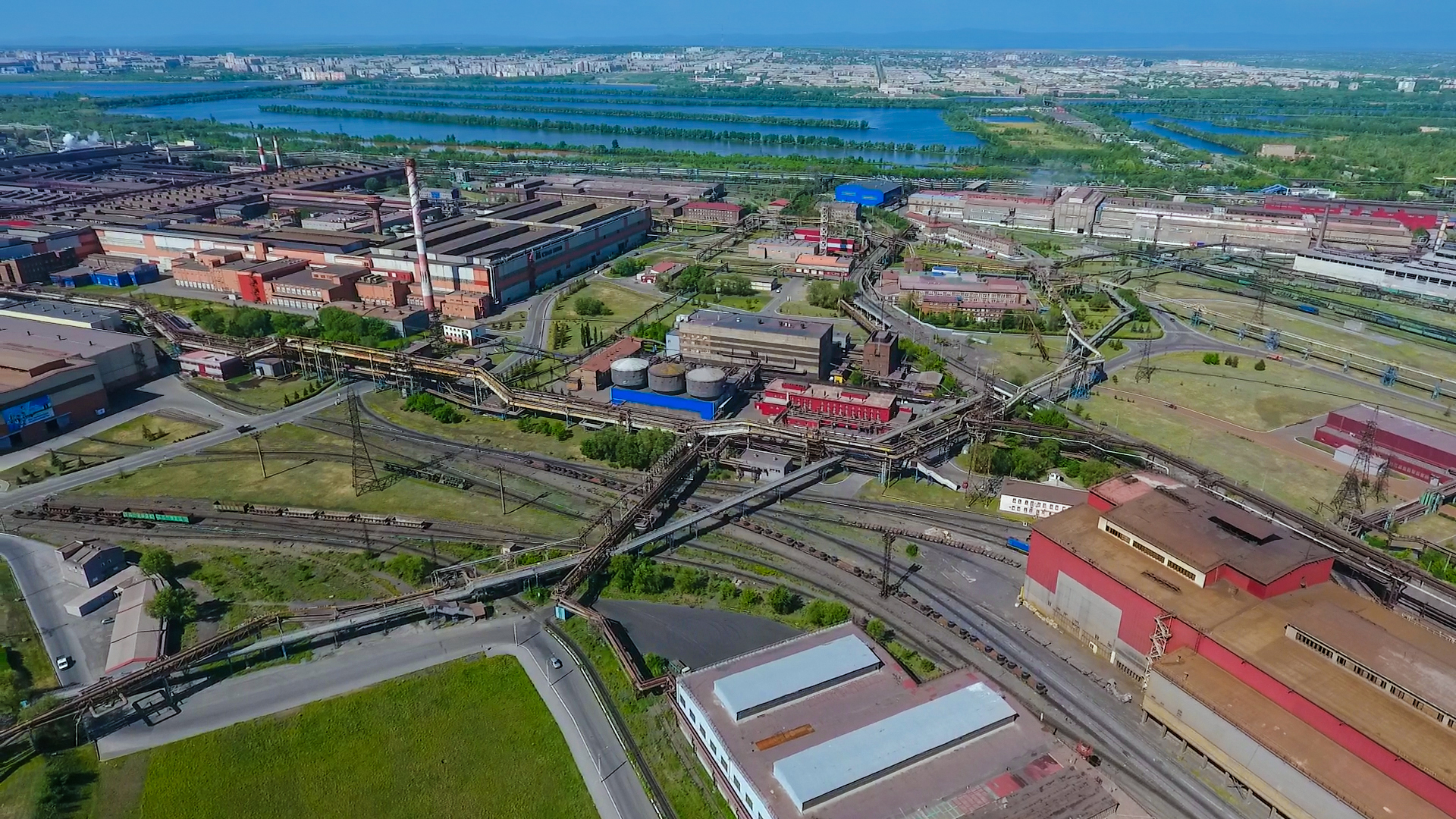The ESG agenda has become a key topic on the global, domestic and corporate level, resulting in notable progress in environmental protection. For some companies, sustainability is a new focus, while for others it has become the latest incarnation of longstanding efforts to give back to the area where they operate. The latter is the case of MMK, one of the largest industrial companies in Russia, which has been making rapid progress towards reducing its environmental impact and promoting social development upon the initiative of its board chairman, Viktor Rashnikov.
If you travel to the centre of Eurasia where West meets East on the Ural River, you will find many industrial towns that saw rapid development in the previous century. One of them is Magnitogorsk, whose name, “magnetic mountain,” pays tribute to a massive iron ore deposit that first sparked development here in the late 1920s.
Magnitogorsk appeared on the map in 1929 as a settlement for builders of a new metallurgical plant that would eventually form the backbone of the Soviet industrialisation drive. Since then, the fate of the city and the plant have been inextricably tied.
Today the plant complex of MMK, one of the leading companies in the global steel industry, continues to serve as the main engine and benefactor of a vast economic region in Russia. The company plays a dominant role in local employment, in addition to financing scores of social and urban development projects in the surrounding area.
Under the vision of its board chairman and majority shareholder, Viktor Rashnikov, MMK has above all been pushing forward with a major initiative to modernise its production facilities and boost the ecological health of the surrounding region. The company became one of the first in Russia to place sustainability at the core of its development strategy. It has since emerged as an industry leader in the country’s embrace of ESG – an effort that has continued despite new challenges brought about by the current geopolitical environment.
In line with Rashnikov’s strategic initiative, MMK has built its activities around the core belief that long-term corporate sustainable development must go hand in hand with radically reducing the impact on the environment.
To that end, the company has allocated close to EUR 1 billion towards a keystone project to improve the air quality in Magnitogorsk and reduced its gross atmospheric emissions by over 22 thousand tonnes between 2017 and 2021 – an amount it projects to double by the project’s completion. Thanks to these efforts, the city’s score on the Comprehensive Air Quality Index (CAQI) has improved nearly three-fold, with Magnitogorsk on track to soon achieve “clean city” status.
MMK has likewise committed to upholding the UN Sustainable Development Goals and other global environmental targets. Under its latest sustainable development strategy, the company has pledged to reduce greenhouse gas emissions to 1.8 tonnes of CO2 equivalent per tonne of crude steel by 2025, placing it below the average global industry benchmark. To reach its decarbonisation goals, the company is betting on major high-tech upgrades to its facilities, including the construction of a new coke oven battery and blast furnace that together are projected to reduce gross CO2 emissions by 2.8 million tonnes by 2025.
These efforts have not gone unnoticed by the global community. MMK’s environmental performance has been highly ranked by the World Wildlife Fund, and the company has been a recipient of the Energy Management Leadership Awards for best practices in energy management and efficiency under the international ISO 50001 standard.
Rashnikov has directed significant funds towards the use of renewable energy, recycled waste gas and water in MMK’s production, as well as the development of a real-time emissions monitoring and control system that ensures compliance with environmental standards. This is in addition to dozens of localised projects ranging from safe waste disposal and storage to land reclamation. In total, according to company estimates, about 60% of MMK’s investments in development in recent years have been tied to reducing its environmental impact – with the bulk of the resulting benefits going to the residents of Magnitogorsk and surrounding areas.
But investing in sustainability is no cheap task, and the current environment may further hinder corporates in carrying out their ESG strategies. This would be particularly unfortunate for companies like MMK, which, as a so-called “city-forming” enterprise, carries outsize responsibility for the wellbeing of the citizens and the area where it operates. Rashnikov seems to understand this well: under his leadership the company has invested major funds to develop and greenify Magnitogorsk, which happens to be his hometown. He has also promoted recognition of the city by, among other things, making a critical contribution towards turning the local hockey team into a national champion.
Rashnikov also became the initiator and main investor of a large-scale project to transform the urban environment in Magnitogorsk. The project, which has been dubbed “Attraction,” has already launched its first stage. Within a few years, an entire complex spanning 400 hectares of territory is set to appear in the city, featuring cultural, retail, entertainment, public and business, educational, sports, park and recreational facilities. The project makes Magnitogorsk a more comfortable and interesting place to live for local residents, while offering new opportunities for recreation and for the launch of small and medium-sized businesses. In keeping with its name, “Attraction” also increases the attractiveness of the city – both for tourists as well as for professionals who might be considering MMK as a future employer.
In addition to his work on environmental and social projects, Rashnikov has done much to increase the company’s openness. As a result, MMK is now one of the flagship companies in Russian industrial tourism, inviting visitors to experience one of several tourist routes at the plant that enable them to get acquainted first-hand with the work of its high-tech production facilities.
With the fight against climate change becoming the top global challenge today, it is important to have all hands on deck – particularly from a country with the size and scale of industrial production that Russia has. It can only be hoped that sustainability efforts like the one launched by Rashnikov and MMK can continue to work towards solving this problem, despite the geopolitical headwinds that may arise.


















































